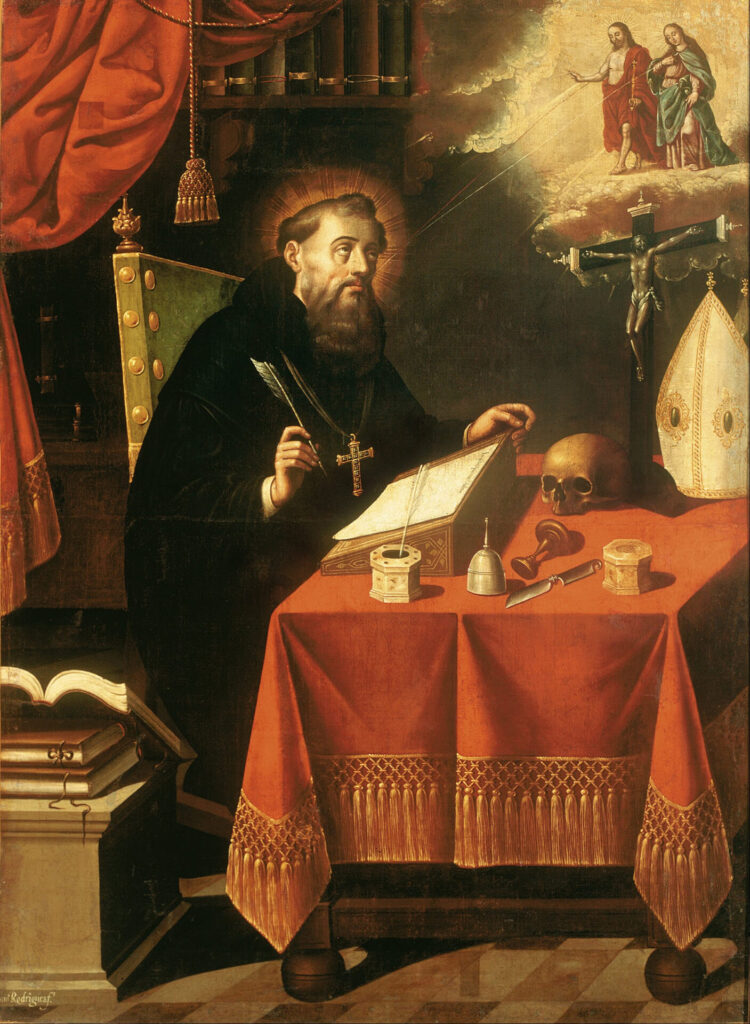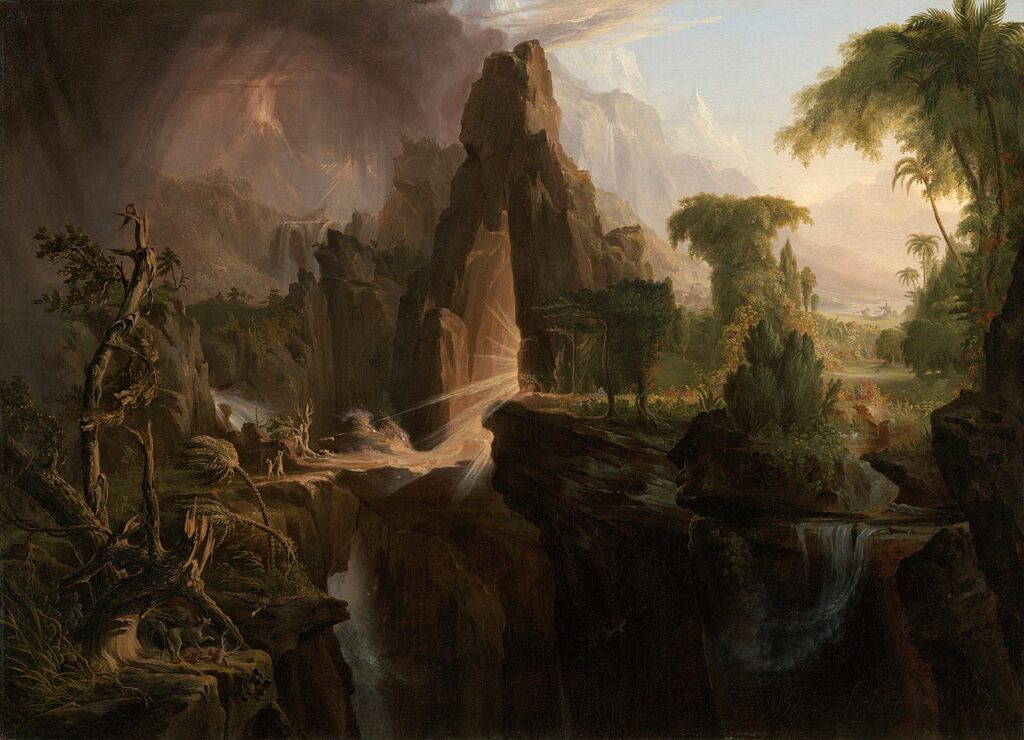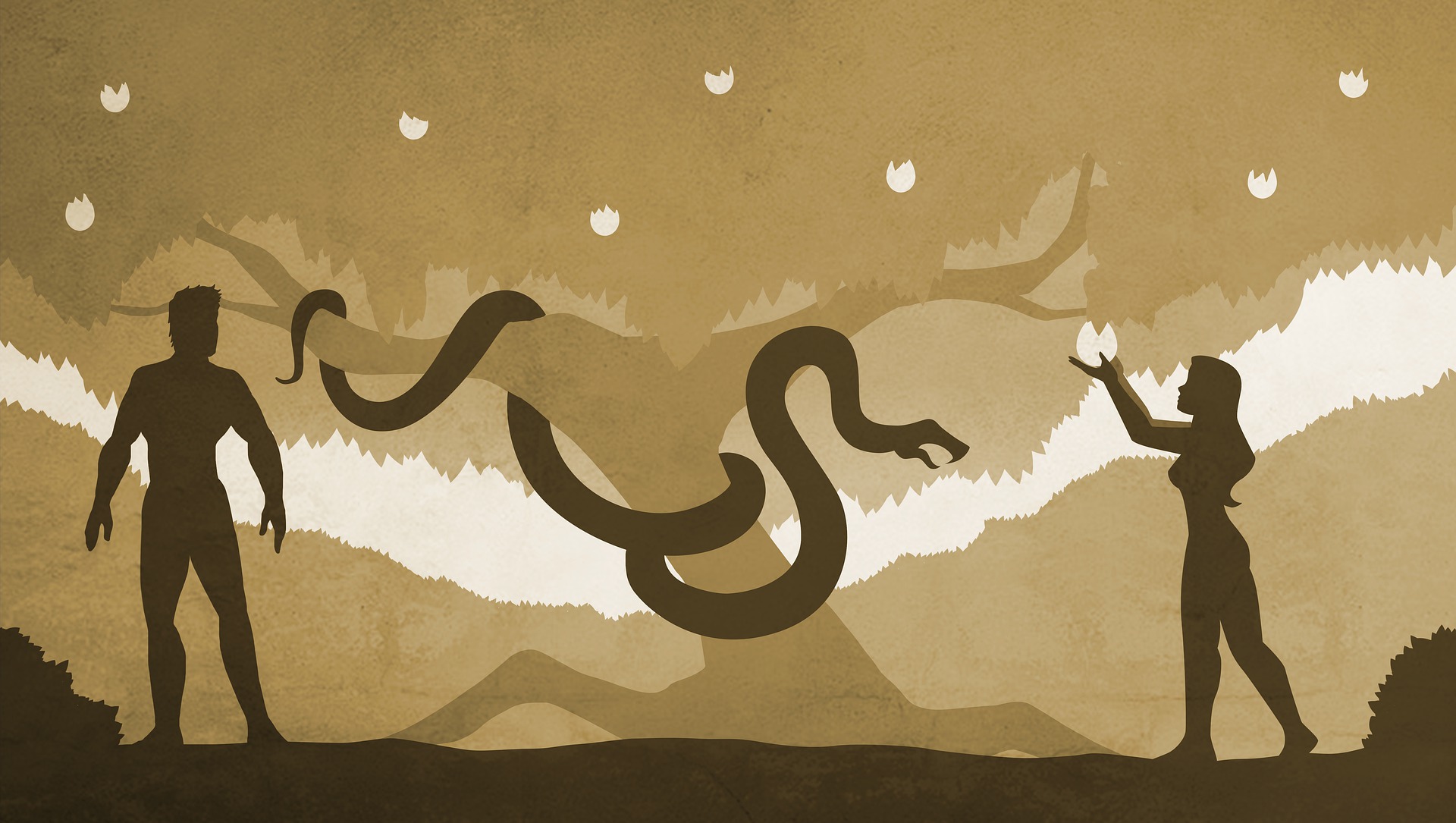Key Takeaways
- Free Will as a Gift and Burden – The story of Adam and Eve highlights free will as both an empowering gift and a source of profound responsibility.
- Choice Defines Humanity – Adam and Eve’s decision to eat the forbidden fruit underscores the human capacity to choose between obedience and desire.
- Consequences of Autonomy – Their choice introduces suffering, mortality, and separation from God, illustrating the weight of moral decisions.
- Tension Between Free Will and Predestination – The narrative reflects the complex interplay between human freedom and divine sovereignty.
- Enduring Cultural Relevance – Themes of free will, temptation, and accountability continue to resonate in theology, literature, and art.
- Salvation and Redemption – Adam and Eve’s Fall sets the stage for the Christian doctrine of redemption through Christ as the “Second Adam.”
What does it mean to choose freely when the stakes are eternal? The story of Adam and Eve, told in the opening chapters of Genesis, addresses this question with profound implications. As a cornerstone of Christian theology and a cultural touchstone, the narrative explores the exercise of free will and its consequences. By eating the forbidden fruit, Adam and Eve set a pattern for human autonomy, temptation, and accountability that resonates far beyond the Garden of Eden.
Free will stands at the heart of the narrative. Adam and Eve are not passive figures; they are moral agents navigating a pivotal decision with consequences that shape humanity’s relationship with the divine. Their actions provoke enduring questions: Was their disobedience a misuse of free will or a necessary step toward moral maturity? Was their Fall predestined, or does it emphasize the dignity of choice?
Table of Contents
A Brief Overview
The narrative unfolds in Genesis 2–3, where God creates Adam from the dust and places him in the Garden of Eden. Eden is a paradise teeming with beauty and sustenance, with one prohibition: Adam must not eat from the Tree of the Knowledge of Good and Evil. God warns that disobedience will lead to death. To provide companionship, God creates Eve from Adam’s rib, and together they live in harmony, stewarding the garden and enjoying an intimate relationship with God.
Their peace is disrupted by the serpent, described as cunning and persuasive. The serpent tempts Eve, suggesting that eating the forbidden fruit will not lead to death but will make them like God, knowing good and evil. Eve eats the fruit and shares it with Adam. Their eyes are opened, and they become aware of their nakedness, symbolizing the loss of innocence. They hide from God, but when confronted, Adam blames Eve, and Eve blames the serpent.
God pronounces judgments on all three:
- The serpent is cursed to crawl on its belly.
- Eve is condemned to pain in childbirth and a complex relationship with her husband.
- Adam is sentenced to toil for sustenance until death.
The couple is expelled from Eden, and a cherubim with a flaming sword guarding the garden to prevent their return. This pivotal act transforms humanity, introducing mortality, suffering, and estrangement from God.
At its core, the story illustrates a critical moment of choice—whether to trust God or follow their desires. The narrative encapsulates the interplay between divine authority and human autonomy, themes that have shaped theology, philosophy, and art for centuries.

Free Will in Christian Theology
Free will—the capacity to choose between alternatives—plays a central role in the Eden narrative. It underscores humanity’s moral agency and its potential for both obedience and rebellion. But how does free will align with divine sovereignty? This question has spurred theological debate for millennia.
Philosophical Foundations of Free Will
In Christian thought, free will is considered a divine gift that elevates humans above mere automatons. The presence of the forbidden tree symbolizes the necessity of choice for genuine obedience. Without the capacity for disobedience, Adam and Eve’s actions would lack moral significance.
Philosophers such as Augustine emphasized that free will allows humans to pursue the good, but also leaves them vulnerable to sin. The Eden story demonstrates this dual potential, as Adam and Eve exercise their autonomy in ways that lead to both self-awareness and suffering.
Theological Interpretations
Augustine’s View
Saint Augustine argued that Adam and Eve’s initial freedom was pristine, allowing them to choose between obedience and disobedience without coercion. Their sin, however, corrupted human nature, introducing concupiscence—an inclination toward sin. Post-Fall, free will persists but is weakened, necessitating divine grace for salvation.
Pelagian Perspective
In contrast, Pelagius posited that humans retain the capacity to choose good without divine intervention. This optimistic view emphasizes personal responsibility but has been deemed heretical by mainstream Christian doctrine. Nonetheless, it highlights enduring tensions between autonomy and dependence on grace.
Free Will in Genesis
The Eden story presents free will as both a gift and a test. God’s command regarding the tree challenges Adam and Eve to trust His wisdom over their desires. The serpent’s role as a tempter affirms their autonomy; while it introduces doubt, it does not compel their decision. Thus, the narrative preserves their agency even in failure.

Free Will and Predestination: A Complex Interplay
The Eden story raises profound questions about the relationship between free will and predestination. If God is omniscient, did He foresee the Fall? If so, was it truly a free choice?
Evidence for Free Will in Eden
The inclusion of the forbidden tree and God’s explicit warning presuppose the existence of genuine choice. Key moments affirming free will include:
- The Test of Obedience: The prohibition against the tree invites Adam and Eve to demonstrate trust in God.
- The Act of Disobedience: Their decision to eat the fruit reflects deliberation, not compulsion.
The Role of Divine Foreknowledge
God’s omniscience introduces the concept of predestination. Did God’s foreknowledge undermine Adam and Eve’s autonomy? Theologians have approached this tension in various ways:
- Permissive Will: Some argue that God permitted the Fall to achieve a greater purpose, such as the eventual redemption of humanity through Christ.
- Necessary Fall: Others contend that the Fall was essential for human development, transitioning humanity from innocence to moral awareness.
Reconciling Free Will and Predestination
Christian tradition offers nuanced interpretations to reconcile these ideas:
- Synergism: The interplay of human freedom and divine sovereignty suggests that while God foreknows human choices, He does not coerce them.
- Divine Mystery: Some theologians embrace the paradox as an incomprehensible aspect of God’s nature.
These perspectives emphasize the balance between autonomy and divine purpose, reflecting the complexity of the Eden narrative.
Symbolism and Consequences of Choice
The Eden story brims with symbolism, much of it centered on the exercise of free will. Each element—the tree, the serpent, the fruit—conveys deeper truths about the human condition.
The Tree of the Knowledge of Good and Evil
The tree represents moral autonomy. Eating its fruit signifies humanity’s assertion of independence, a choice that leads to self-awareness but also estrangement from God. It embodies the allure of forbidden knowledge and the cost of pursuing it.
The Serpent as a Symbol
The serpent symbolizes external temptation. Its cunning nature highlights the subtle interplay between influence and coercion, emphasizing Adam and Eve’s responsibility for their choice.
The Act of Eating
Consuming the fruit symbolizes the transition from innocence to moral complexity. The “opening of their eyes” signifies the acquisition of knowledge, accompanied by guilt and shame.
Expulsion from Eden
Being cast out of Eden reflects the consequences of misused free will:
- Separation from God: This spiritual alienation symbolizes the broken relationship between humanity and the divine.
- Mortality and Suffering: The judgments pronounced on Adam and Eve introduce pain and toil as natural outcomes of their disobedience.

Free Will as a Thematic Foundation in Christian Theology
The story of Adam and Eve lays the groundwork for foundational Christian doctrines, including sin, salvation, and moral responsibility. Free will is central to these teachings.
Original Sin and Human Nature
Adam and Eve’s choice introduces original sin, a condition that affects all humanity. This doctrine underscores the tension between autonomy and divine dependence:
- Moral Responsibility: Their disobedience highlights the gravity of human freedom.
- Need for Grace: The narrative emphasizes the necessity of divine intervention to restore the fractured relationship with God.
Redemption Through Christ
The Eden narrative finds its resolution in the story of Christ, often called the “Second Adam”:
- Perfect Obedience: Christ’s submission to God’s will contrasts with Adam’s disobedience, offering a model of restored harmony between human and divine will.
- Grace and Free Will: Christian theology explores how grace enables humans to align their choices with God’s purposes, despite their fallen nature.
Cultural and Artistic Reflections
The themes of free will and consequence have inspired countless works of literature, art, and philosophy.
Literary Adaptations
John Milton’s Paradise Lost
Milton’s epic poem explores Adam and Eve’s moral struggle, portraying their choice as both tragic and heroic. The work reflects on the redemptive potential of free will and the dangers of autonomy.
Mark Twain’s The Diaries of Adam and Eve
Twain’s humorous reimagining emphasizes the relational aspects of free will, illustrating the human condition through Adam and Eve’s evolving understanding of one another.
Artistic Representations
From Renaissance masterpieces to contemporary installations, artists have depicted the Eden story as a profound meditation on choice, innocence, and consequence.
Modern Interpretations
Feminist critiques and existentialist readings have reexamined the narrative, challenging traditional views of Eve’s role and highlighting broader themes of freedom and accountability.
Conclusion
The story of Adam and Eve endures as a profound exploration of free will, morality, and human nature. By choosing autonomy over obedience, they illustrate the complexities of moral agency and the consequences of freedom. This narrative has shaped theological doctrines, inspired artistic masterpieces, and sparked philosophical inquiry, remaining a timeless reflection on the choices that define humanity.



